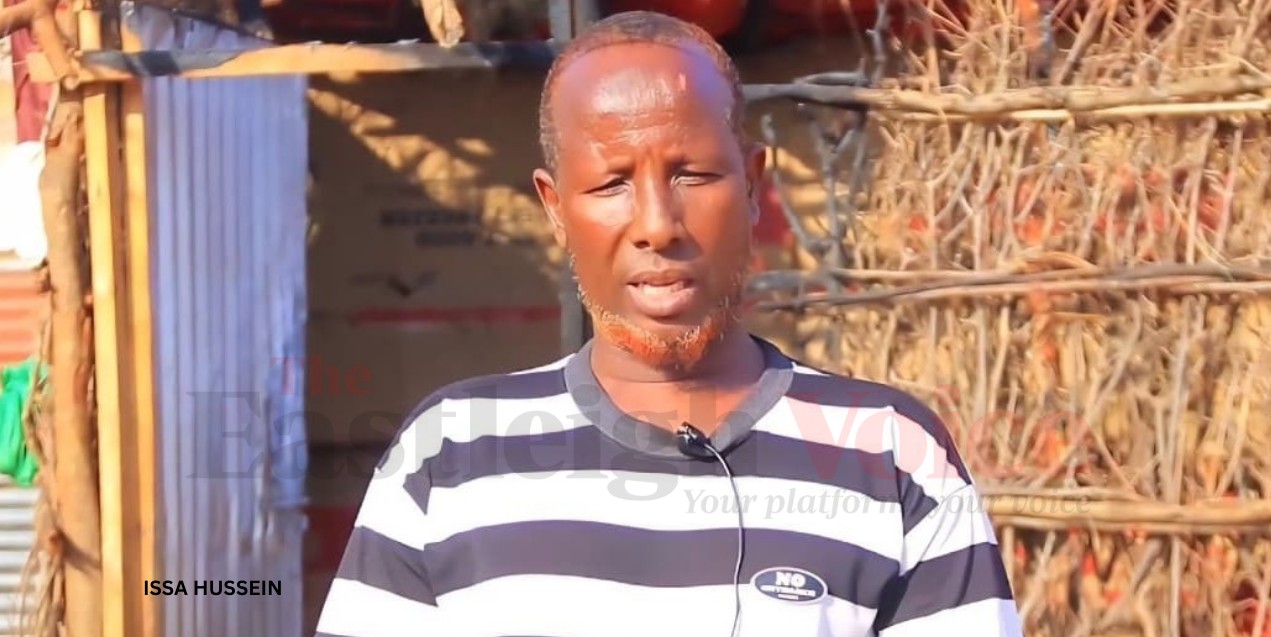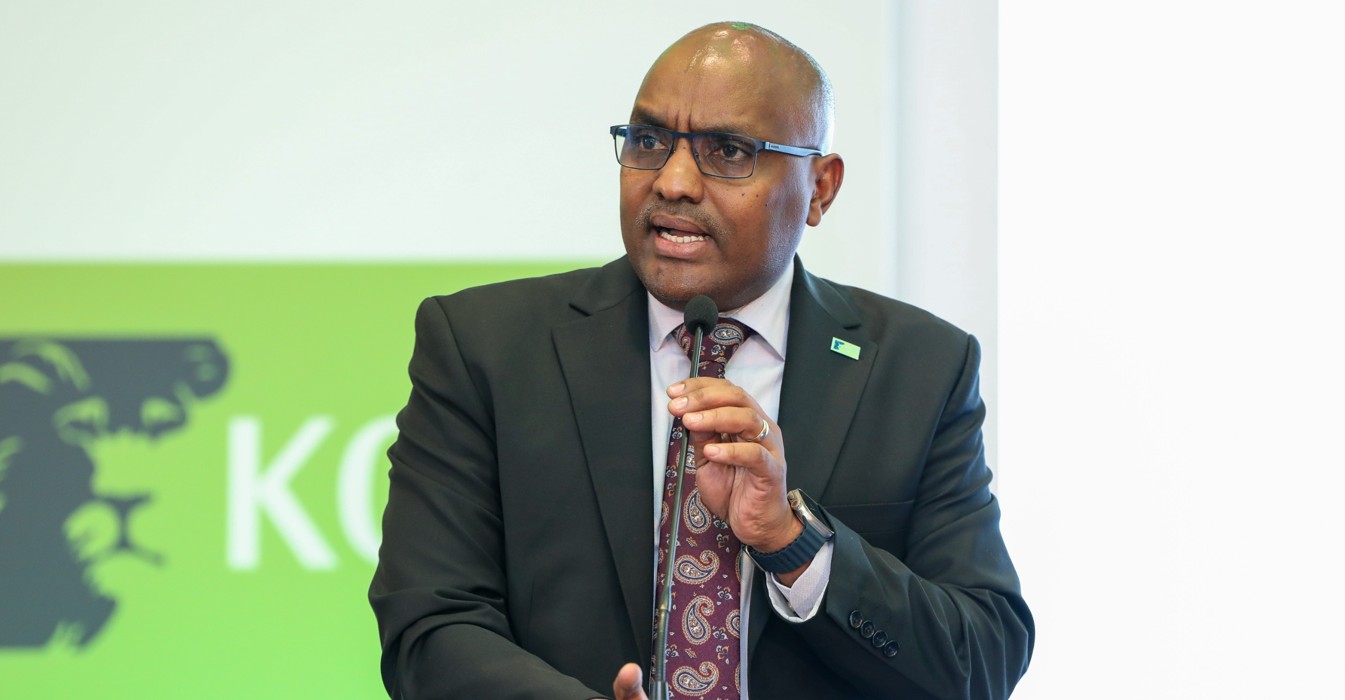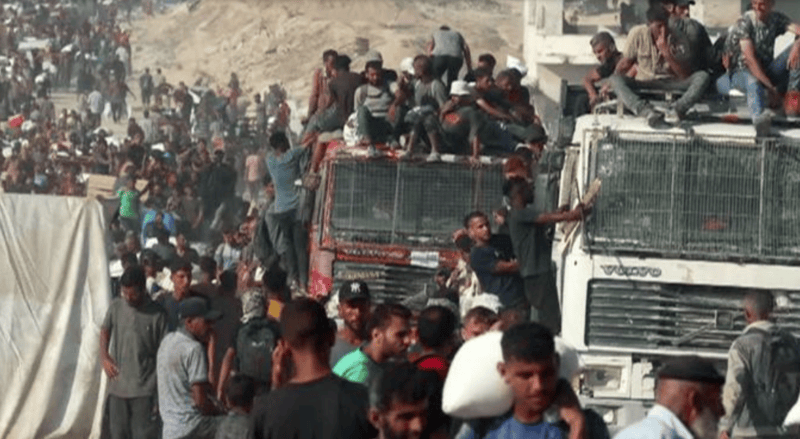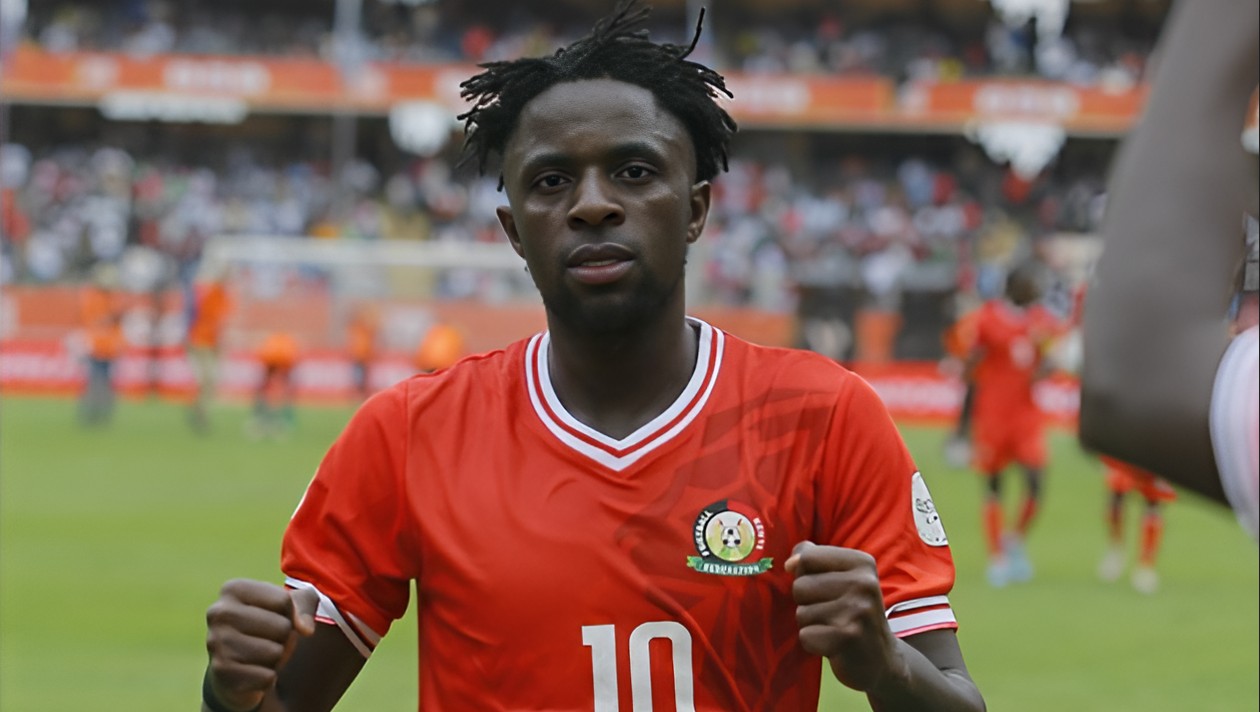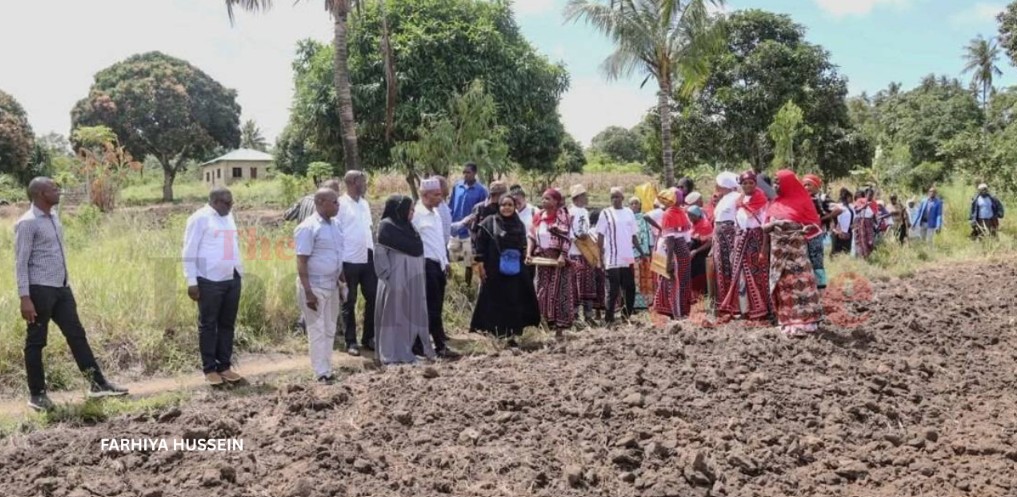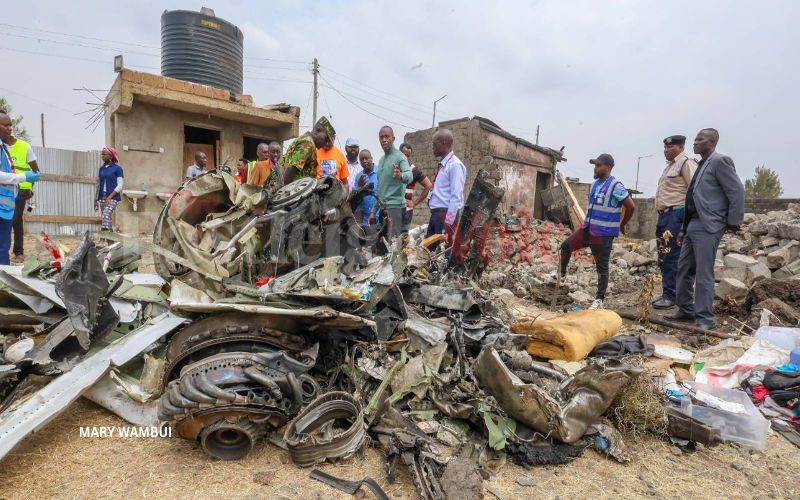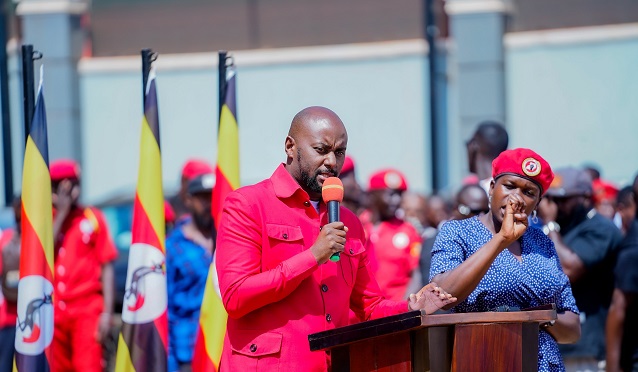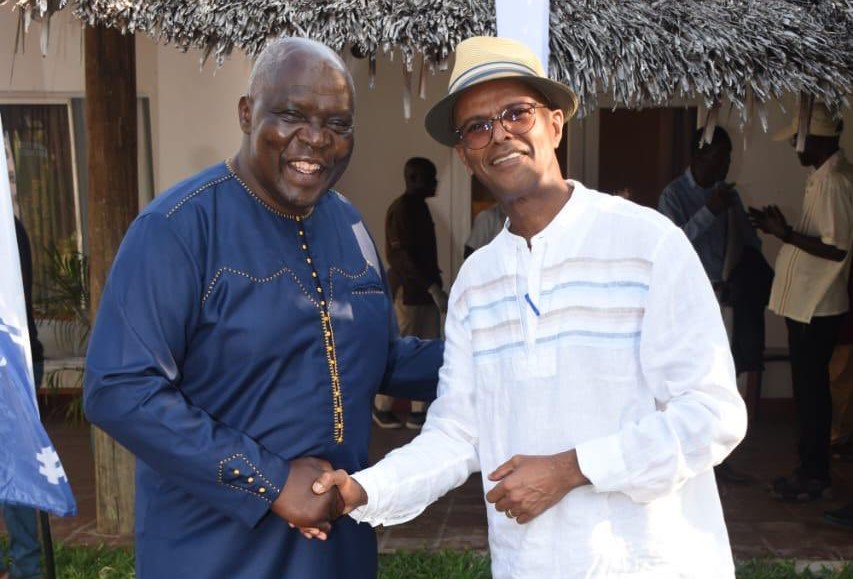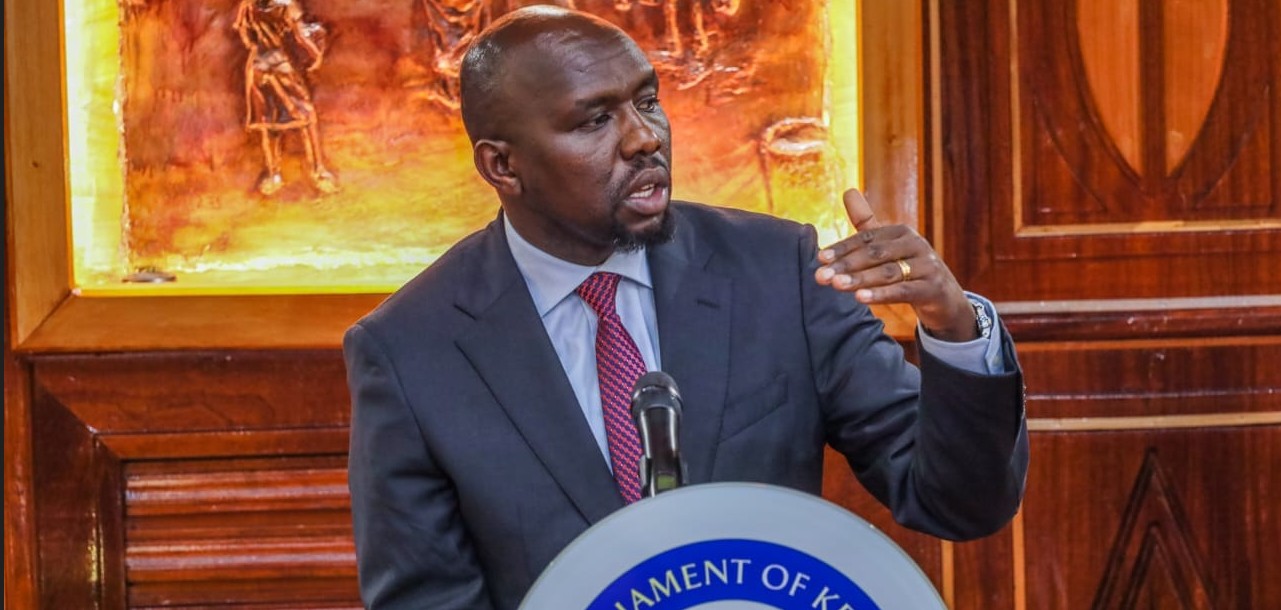DNA backlog leaves 300 Shakahola victims unburied two years after massacre
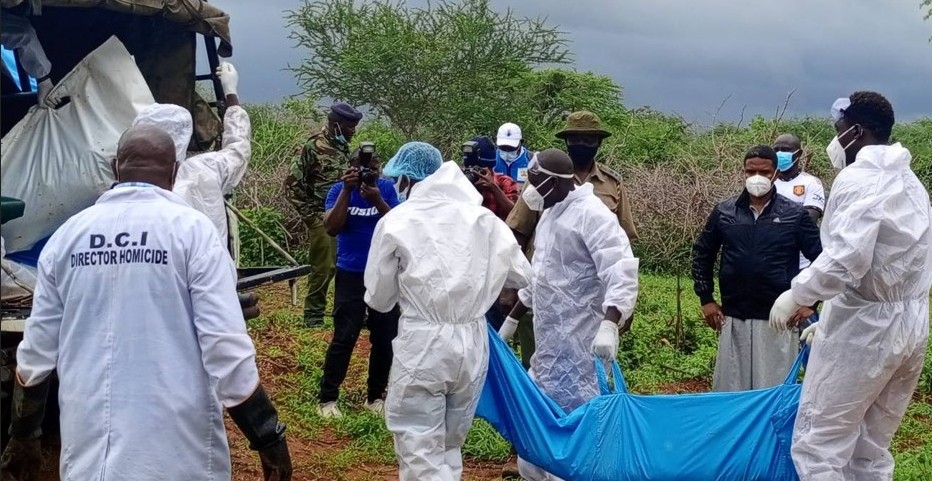
Uncovered two years ago, the Shakahola tragedy saw 453 bodies exhumed from shallow graves, yet despite collecting 333 DNA samples, only 66 victims have been identified, with the rest still held at the Malindi Sub-County Hospital Mortuary.
More than 300 bodies exhumed from Shakahola forest in Kilifi County remain unidentified, as the government struggles to complete DNA testing. The process has been slowed by logistical hurdles and the absence of family members willing or able to provide samples.
Speaking during a media roundtable in Nakuru on Wednesday, Interior Cabinet Secretary Kipchumba Murkomen said many families are unaware their relatives died in Kilifi, making identification efforts difficult.
More To Read
- Shakahola murder trial adjourned as prosecution cites new evidence
- Kilifi ramps up beach safety efforts after surge in drowning cases
- Fresh evidence forces delay in cult leader Paul Mackenzie’s trial linked to 400 deaths
- Three shallow graves found in Kilifi's Kwa Binzaro village as fears of cult killings resurface
- Malindi embraces inclusive tourism as local, foreign investors open doors to community
- Kilifi set to phase out KWS' control of Malindi and Watamu marine parks - Governor Mung’aro
“You will find families in Vihiga, Siaya, Kisumu, and most of them don’t know that their relatives died in Kilifi… They are not coming forward for DNA,” Murkomen said.
The Shakahola tragedy, uncovered two years ago, led to the exhumation of 453 bodies from shallow graves. Authorities collected 333 DNA samples, but only 66 victims have been identified through matches or physical recognition. The rest remain at the Malindi Sub-County Hospital Mortuary.
Bury unidentified remains
Murkomen warned that the government may have to bury the unidentified remains and create a memorial park at the site.
“The testing and concluding the matter has been complex, we want to see if we can inter the remaining parts and have a memorial centre within Shakahola,” he said.
The identification process has faced repeated delays. In March, it was suspended after the government chemist reported a shortage of testing kits and the high cost of importing them, preventing families from giving their loved ones a proper burial.
Commenting on the scale of the crimes, Murkomen said, “They take advantage of the vastness, they hide there and commit the atrocities.”
Two years after the first bodies were found, and a year since exhumations began, closure remains out of reach for many families.
Meanwhile, the Shakahola massacre murder trial opened at the Mombasa High Court.
Controversial preacher Paul Mackenzie and 29 co-accused face charges over the deaths of 400 people, including 191 children. The trial was briefly adjourned after prosecutors revealed fresh evidence.
In opening statements, Prosecutor Alex Ndiema called the case “not just murder but a shocking discovery of hundreds of murders,” adding that children—some only months old—were tortured and starved to death.
“The accused were the primary caregivers of the children, some being their parents, others elders and even religious leaders, individuals who were supposed to protect the lives of the young ones. Instead, they took part in the deaths of these young souls,” Ndiema told the court.
One witness testified on Wednesday, with more expected to take the stand on Thursday.
Top Stories Today
